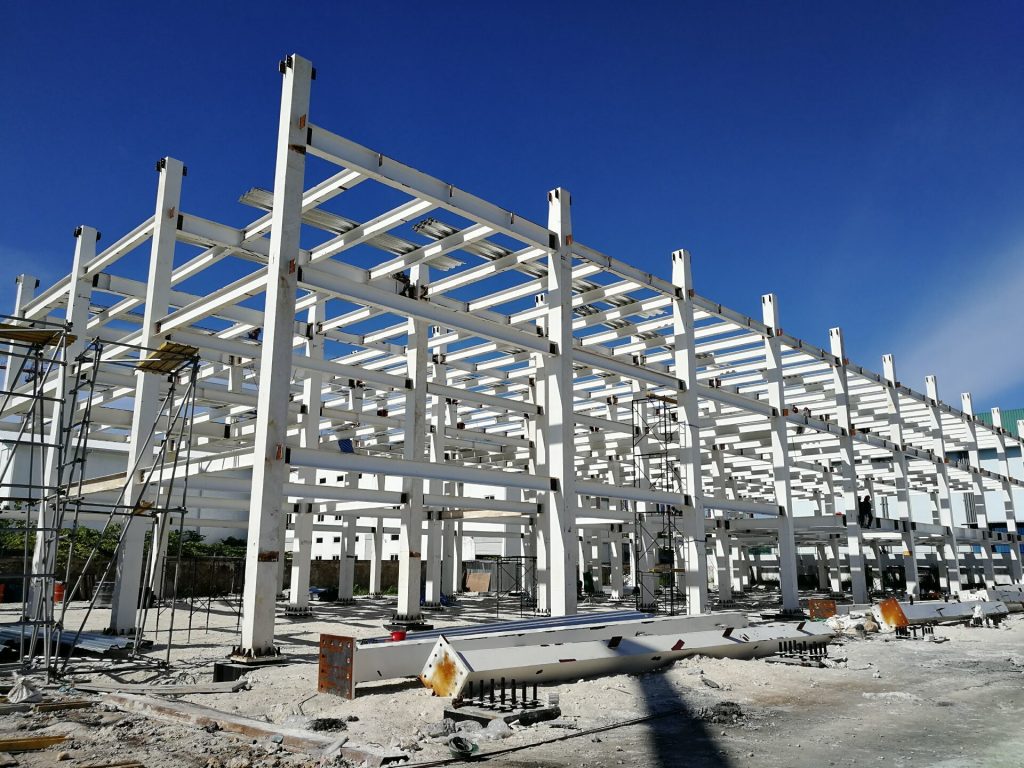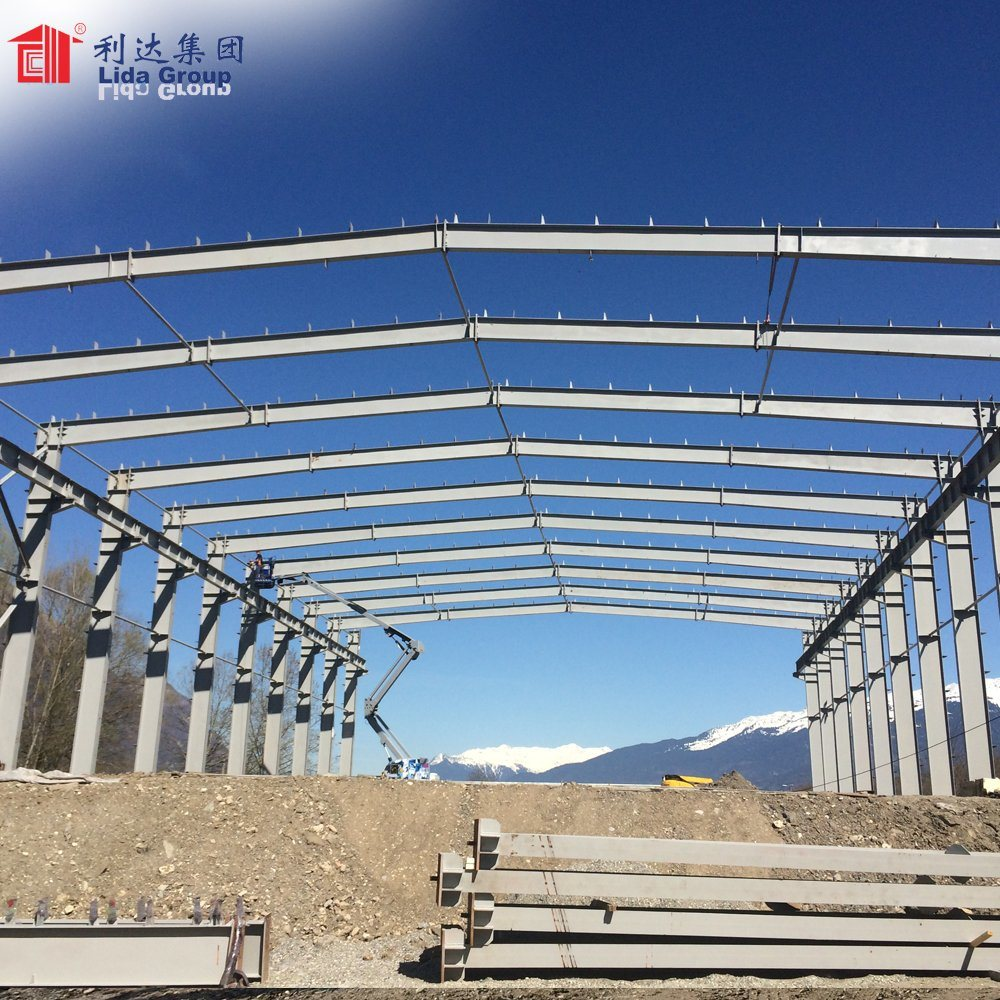As populations grow and land resources dwindle, optimizing global infrastructure development through scalable prefabrication presents immense opportunities. A featured segment at a recent engineering conference assessed applying industrial manufacturing processes to Lida Group‘s patented prefabricated construction techniques for mass-production of reusable steel building components. Standardizing modular panel, truss and framing assembly could enable new efficiencies empowering specialized agricultural and communal development worldwide.
Lida Group’s Prefabrication Advances
Founded in 1993, Lida Group pioneered off-site cold-formed steel construction utilizing CNC-cut interlocking panels, trusses and ancillary parts fabricated to tight tolerances for rapid on-location assembly. Their approach constructs complete buildings 85% faster and cheaper than traditional methods while yielding 50-year structures requiring no maintenance.
Modular expansion adapts designs to evolving needs over decades. Projects in over 120 nations utilize this highly customizable but standardized system for specialized markets including commercial farming, food/beverage processing, affordable housing, disaster relief and more. Global operations now span six continents annually constructing thousands of structures across diverse geographies and climates.

Potential for Industrial Scale-Up
Feature presenters assessed opportunities to industrialize Lida Group’s prefabrication advancing through several automated production techniques. Mass-producing standardized interlocking joints, panels and truss components using roll-forming extrusion and robotic welding could reduce costs below even modular building materials.
Centralized fabricators could output building “kits” akin to IKEA furniture packaged and delivered globally to support booming infrastructure demands. Industrialization would stabilize supplies while ensuring dimensional accuracy critical for field assembly. Engineers projected a modular steel “kit of parts” approach could slash construction costs 30-50% from even efficient prefabricators today.
Affordable Housing Case Study
Researchers partnered with Lida to design mass-producible panelized duplexes addressing Costa Rica’s affordable housing crisis. Standard 6-foot wide panels interlocked vertically for simple snap-together walls, while pre-bent trusses constructed flat roofs. Facades featured reinforced windows and insulated exterior sheathing.
Produced via automated roll-forming on a industrial scale, multiple housing “kits” arrived simultaneously for a neighborhood development. Volunteer installers erected first duplexes in a single weekend, far outpacing traditional builds. Quality remained high despite accelerated schedules. Ongoing monitoring ensures durability through Costa Rica’s storms.

Lessons from Mass Timber Innovation
Feature presenters drew parallels to recent mass timber advances. Similarly to cross-laminated timber production, standardized component dimensions optimized robotics applications. Centralized fabricators supplied entire housing developments as pre-cut, pre-drilled modular kits.
Quality assurance mirrored mass timber’s emphasis on precision, standardization and automation throughout. If steel realization follows suit, affordable high-rises or agricultural facilities may also be possible. Attendees embraced opportunities to upgrade traditional construction through industrializing prefabrication principles pioneered by innovators like Lida Group.

Conclusions and Opportunities
In concluding, presenters reiterated immense potential for industrializing Lida Group’s field-tested prefabricated construction system. Automating roll-forming, bending, assembly and packaging standardized steel components could usher new efficiencies empowering infrastructure development globally at unprecedented scales.
Modular “kit of parts” fabrication supports customized yet highly scalable solutions for specialized markets from affordable housing to robust agricultural facilities, processing plants, schools and more. Prefabricated components arrive complete with fastening hardware for rapid installation by minimally-skilled labor.
As land constraints and community needs intensify worldwide, mass-produced prefabricated steel infrastructure could help close gaps. With optimizations paralleling mass timber’s journey, robotics applications may construct complete multi-story buildings from interlocking modular panels. Attendees agreed further collaboration industrializing standardized prefabrication indeed holds promise to sustainably empower global progress.

Related news
-
Conference introduces case studies highlighting customized integrations for crop-specific operations through Lida Group's scalable pre-engineered low-cost steel-framed construction.
2024-07-24 14:44:55
-
Researchers commend Lida Group's ability to provide cost-effective temporary non-residential buildings supporting rapid disaster recovery or pop-up agricultural activities through relocatable steel structures.
2024-07-24 17:22:37
-
Humanitarian agency trials Lida Group's containerized prefab housing models powered by renewables as a feasible interim settlement approach for vulnerable pastoralist families facing severe drought conditions.
2024-07-23 15:52:31
contact us
- Tel: +86-532-88966982
- Whatsapp: +86-13793209022
- E-mail: sales@lidajituan.com


